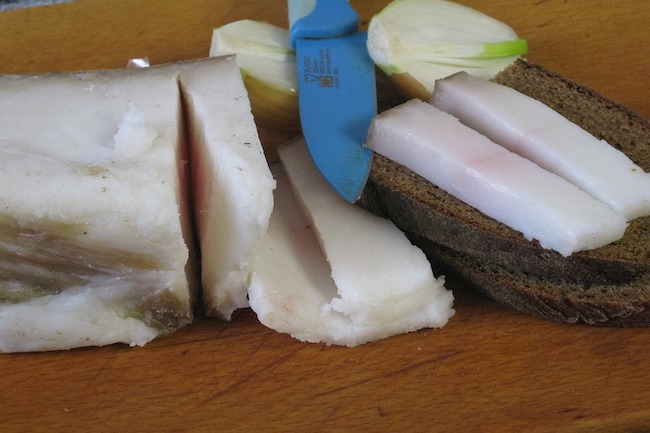Why Almost Everyone Is Wrong About Cooking With Lard by: Susan Patterson for Off The Grid News
Are you like millions of Americans who bought into the lipid hypothesis myth? You know, the one that says that saturated fat causes heart disease and is like poison to your body? Did you abandon the way your great-grandmother cooked, replacing healthy animal fats with synthetic hydrogenated oils for fear of ruining your health? If so, you are not alone.
The good news is that your great-grandmother was probably right all along. In fact, our ancestors ate lard and other natural saturated fats for thousands of years and were comparably healthier than we are now.
In spite of modern medicine, we are not living much longer than people 2,000 years ago, so something must be wrong. Moreover, degenerative diseases such as heart disease, cancer, diabetes, Alzheimer’s, and arthritis were extremely rare before the 1900s.
The Good News
Recent, breaking research has confirmed what many have known for years: natural saturated fat does not cause heart disease or stroke. Now, it will just be a matter of time before this information makes its way into mainstream medicine, thereby splitting the lipid hypothesis wide open.
We must prepare for it to trickle down slowly as paradigms do take a while to change. This is a challenge for health academics for sure who have spent the better part of their career advising against consumption of saturated fat. Plain and simple, it takes people a while to admit that they are wrong.
The Rise Of Dangerous Cottonseed Oil
It will take an even longer time before food manufacturers make the shift. This is mostly because there is extreme profit in cheap hydrogenated oils such as cottonseed. Interestingly enough, people saw cottonseed oil as waste in 1860, used it for fertilizer in 1870, fed it to cattle in 1880, and turned it into table food by 1890.




